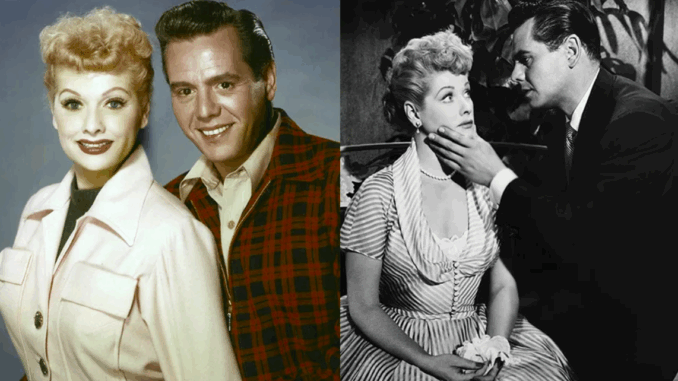
Every week on I Love Lucy, we watched Lucy Ricardo try to break into showbiz. Sometimes it was through disguises, other times through elaborate stunts. She was obsessed with performing, with being seen. Sound familiar?
In today’s world, we call that being an influencer.
Before TikTokers were staging dance routines or Instagrammers were selling makeup, Lucy was faking product endorsements and trying to sneak onto live broadcasts. One of the show’s most iconic episodes involves Lucy getting drunk while filming a commercial for a health tonic called Vitameatavegamin. The result? A viral moment before “viral” even existed.
But the show wasn’t just making fun of the idea of fame. It understood how deeply people—especially women—wanted to be seen and heard. Lucy’s character was desperate for attention, yes, but also for expression. She didn’t just want applause—she wanted purpose.

That’s what makes the comparison to today’s digital creators so striking. Many influencers today aren’t just hawking products for money. They’re crafting personas, trying to be noticed in a crowded space. Lucy did all of that without an internet connection. She performed for the world through her TV, not a screen in her hand.
The parallels are uncanny. She tried to be an actress, a singer, a host. She turned her house into a stage. She made comedy out of pretending to be someone else. It wasn’t about authenticity—it was about ambition. And it was never enough.
Lucy Ricardo wasn’t ahead of her time because she wanted to be famous. She was ahead of her time because she understood that visibility itself was currency. And that’s what drives much of the internet economy today. In many ways, Lucy was the original content creator.